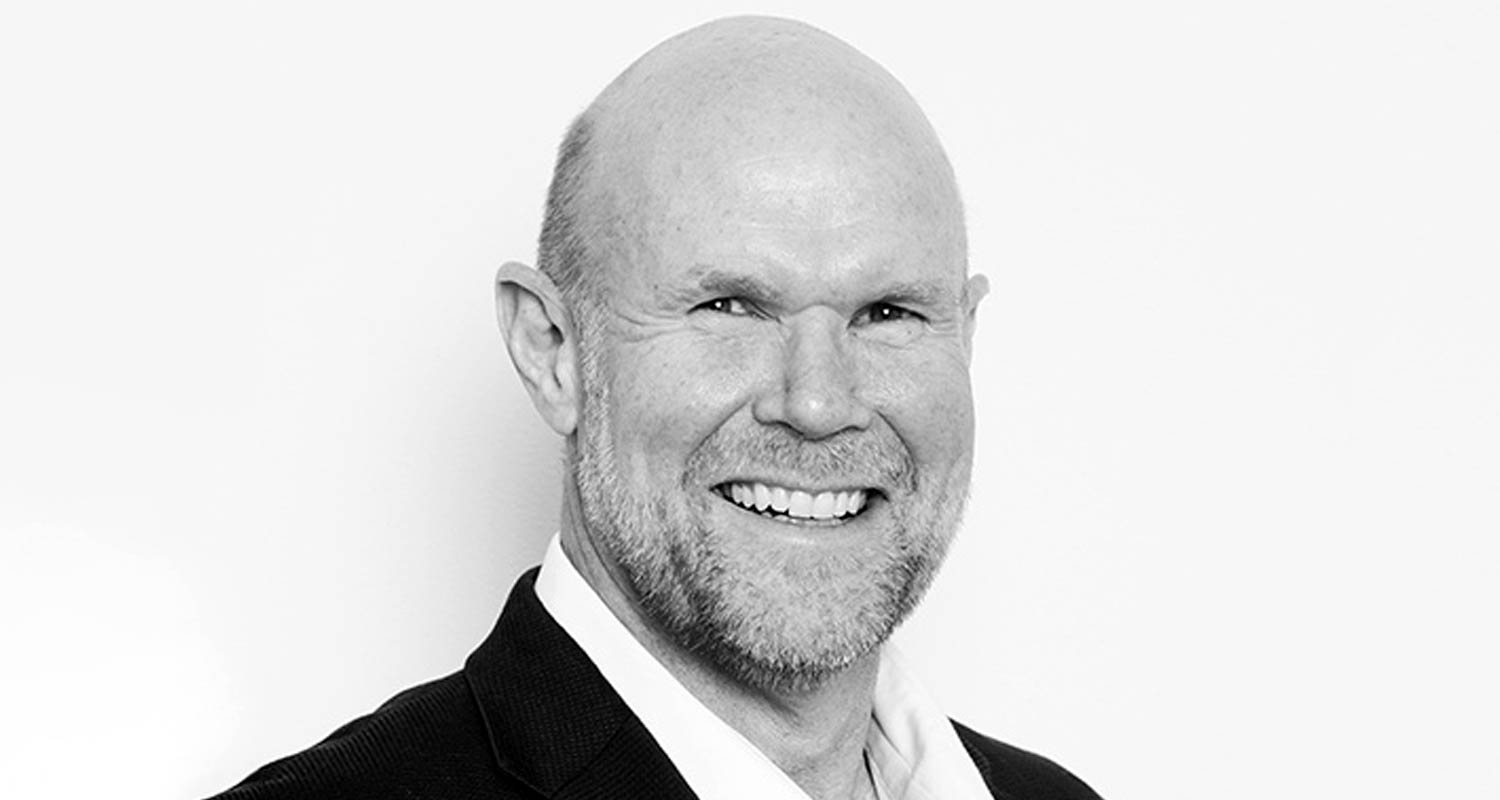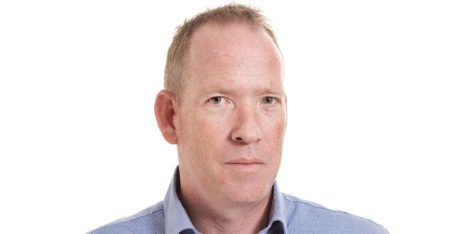Debt remains a significant concern for JSE-listed IT services group EOH Holdings, but its new senior leadership team has expressed confidence the firm can trade its way to a healthy balance sheet.
Management will do this without selling any more of its prized assets, relying on improvements in efficiencies – including lower head office costs – to drive up free cash flow and profits. A resumption of dividends payouts may take some time, however.
That according to recently appointed chief financial officer Ashona Kooblall, who was speaking to TechCentral on Wednesday following the publication of EOH’s results for the year ended 31 July 2024.
It’s the first set of results delivered by the group since the exit in March of former CEO Stephen van Coller, who had led a dramatic downsizing and governance clean-up of the business aimed at saving it after it became ensnared in state capture corruption involving public sector entities and after its model of using expensive paper to buy companies (and future earnings) failed.
This week’s annual results were the first to be presented by interim CEO Marius de la Rey and Kooblall, whose career has included a stint as finance director for Nike’s African operations and as group financial manager at Tiger Brands.
Today EOH is a shadow of its former self, with its revenue cut in half in recent years as it sold assets to reduce its debilitating debt and as it struggled to secure new business in a difficult economic environment. But the remaining interest-bearing bank loans, around R644-million as of the 2024 year-end, will be repaid without resorting to further asset sales, said Kooblall. EOH reduced these loans by R41-million in the 2024 financial year.
Bloated head office
She said EOH is confident it can remove between R160-million and R200-million in costs from the business in the new financial year – ended July 2025. “We had a bloated head office that was built to support a R12-billion company; we are now a R6-billion company,” she said.
The cost savings will flow directly into free cash flow in the 2025 financial year, Kooblall said. “Further efficiencies should maximise free cash flow, but we do also need to take care of our people as a services business,” she said, adding that she expects EOH will have repaid its current bank debts by the beginning of the 2027 financial year at the latest. “We will be able to repay [the money] in the normal course of business.”
Read: Ashona Kooblall is new CFO at EOH
Once interest-bearing debt is at more comfortable levels, EOH’s board will consider how best to start returning value to shareholders beyond any appreciation that might occur in the share price. This might not take the form of dividends, however, but rather share buybacks – especially if the share price remains in discount territory.
“At the current level of the share price, that would be our preference,” said Kooblall. “We will, however, consider dividends every six months. We will act in good faith [towards our shareholders].”

She also said the poor governance that led to underhanded business practices and corruption at EOH are firmly behind it. Its governance processes are more robust now and capable of picking up malfeasance. She said she has a strong risk background that has involved working with US financial regulator, the Securities and Exchange Commission, and she is applying this experience in risk management and financial controls at EOH.
Interim CEO De la Rey said EOH’s priority now is bringing down debt and managing working capital well. “Once achieved, we will start investing again to maximise shareholder value – through selective acquisitions, international growth and possibly share buybacks.”
Highlights
A special board subcommittee was formed in June 2024 to turn EOH around. Key initiatives include business restructuring and rationalisation plans, EOH said in a statement alongside its annual results.
Highlights of EOH’s 2024 financial results:
- Revenue was R6-billion, down 3.1% year on year;
- Revenue excluding sold Nextec legacy businesses was R5.8-billion, roughly flat on a year ago;
- Revenue growth from international business was 27%;
- Gross profit margins declined marginally to 27.3%;
- Adjusted Ebitda – a measure of operating profit – declined slightly to R307-million (FY2023: R312-million), adjusted for a share-based payment expense;
- Operating profit of R112-million was down 17% (FY2023:R135-million), including once-off restructuring costs;
- Net finance costs reduced by 28% to R118-million;
- The loss per share narrowed by 23% to 10c (FY2023: -13c); and
- The headline loss per share improved by 99% to 0.21c (FY2023: -21c). — © 2024 NewsCentral Media
Get breaking news from TechCentral on WhatsApp. Sign up here.





